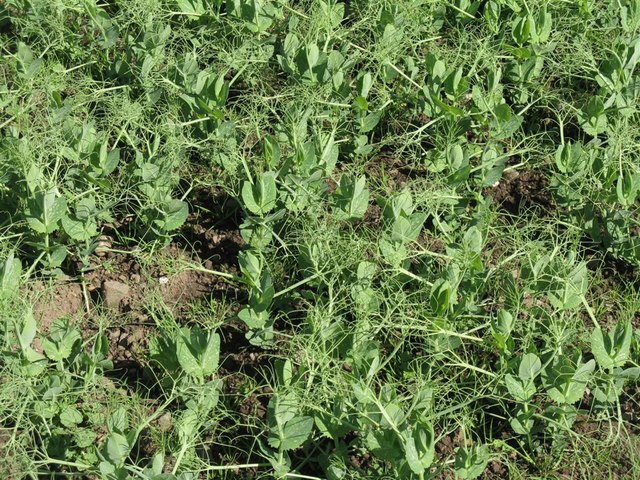Organic Farming- A Revolutionary Approach for Improving Crop Quality and Public Health

By Neucrad Health News Desk January 30, 2020
Nowadays, whenever we visit a supermarket or online vegetable vendor, we come across several varieties of vegetables marked as organic produce. There is a considerable price difference between standard agricultural commodities and organic products. It leads us to find out the meaning of organic farming, disadvantages associated with chemical fertilisers and pesticides, and ways of overcoming health issues through the introduction of organic agriculture.
What are Organic Vegetables?
According to layman’s term, in organic agriculture, farmers do not use any synthetic fertilisers, pesticides, antibiotics, or growth hormones and decide to cultivate crops naturally. At the beginning of civilisation, all food crops were organic. During the aftermath of World War II, there was a severe crisis of food and vegetables across the globe. It led to the development and production of chemical fertilisers and pesticides to increase the production of agricultural commodities exponentially.
Though farmers could reap early benefit from this process; in the long run, the soil became deprived of natural nutrition, depleted bio-diversity, and produced several adverse health effects. In some cases, doctors could identify severe skin diseases and genetic mutations in individuals consuming vegetables with a high level of fertilisers and pesticides. To counteract these ecological and health issues, many vegetable producers are again initiating organic agriculture at their farms. Now they add manure and compost instead of fertilisers to enrich the soil. Farmers follow crop rotation, instead of monoculture to retain the natural goodness of the land. Employ straw or wood chips between rows of crops to prevent weeding. Rely on and promote the growth of natural enemies of pest to stop them from attacking fields.
What are the disadvantages of chemical farming?
Explained below are some of the common disadvantages of practising chemical agriculture.
Decrease the Friability of Soil

Continuous use of chemical fertiliser can reduce the friability of soil. It is primarily because commercial fertilisers contain sulfuric and hydrochloric acid which dissolve soil crumbs. If this goes on year after years, rainwater fails to percolate in the soil and get washed away through the field. The trace nutrients present naturally in the earth also gets depleted when farmers grow crops of the same type for many years. Chemical fertilisers only increase the level of nitrogen and phosphorus, without replenishing the trace nutrients composition. In the long run, it hampers the productivity of the field.
Affects the Population of Micro-organism in the Soil

Some chemical fertilisers are acidic in nature. It reacts with the soil and changes its pH value on prolong usage. The micro-organism living in the ground are highly sensitive to the quality of the soil. The rise in acidity, can, in turn, interfere with the population of microbes. In many cases, researchers have noticed an increase in the population of pests, and decrease in the beneficial micro-organism (providing immunity to plants) due to continuous use of chemical fertilisers.
Pollution of Ground Water
Chemical fertilisers and pesticides quickly dissolve in the water content of the soil. Only traces of these compounds get absorbed by plants. A majority of the fertiliser leaches away and contaminate the groundwater level. Doctors have detected skin diseases and health issues in individuals living near agricultural zones with a higher rate of chemical fertilisers.
How can organic fertilisers enrich the soil?

Scientists and research scholars across the globe started researching on the development of organic farming techniques after finding out the hazardous impact of chemical fertilisers. They started producing eco-friendly manures and compost, which could enhance the nutrient of soil without adding any adverse chemicals to it. Scientists also recommend planting leguminous plants (peas, lentils, rajma, and soybeans) along with regular crops for increasing the nitrogen content of the soil. These plants form a symbiotic relationship with Rhizobia bacteria, which in turn, enrich the soil through nitrogen fixation. Organic agriculture also helps you in staying away from genetically modified foods (GMOs) which have severe health implications.
These were the benefits of practising organic farming. Increase awareness about the benefits of this innovative cropping technique by switching over to organic food products. Consuming organic foods may improve public health issues related to the exposure of hazardous chemicals over years.





